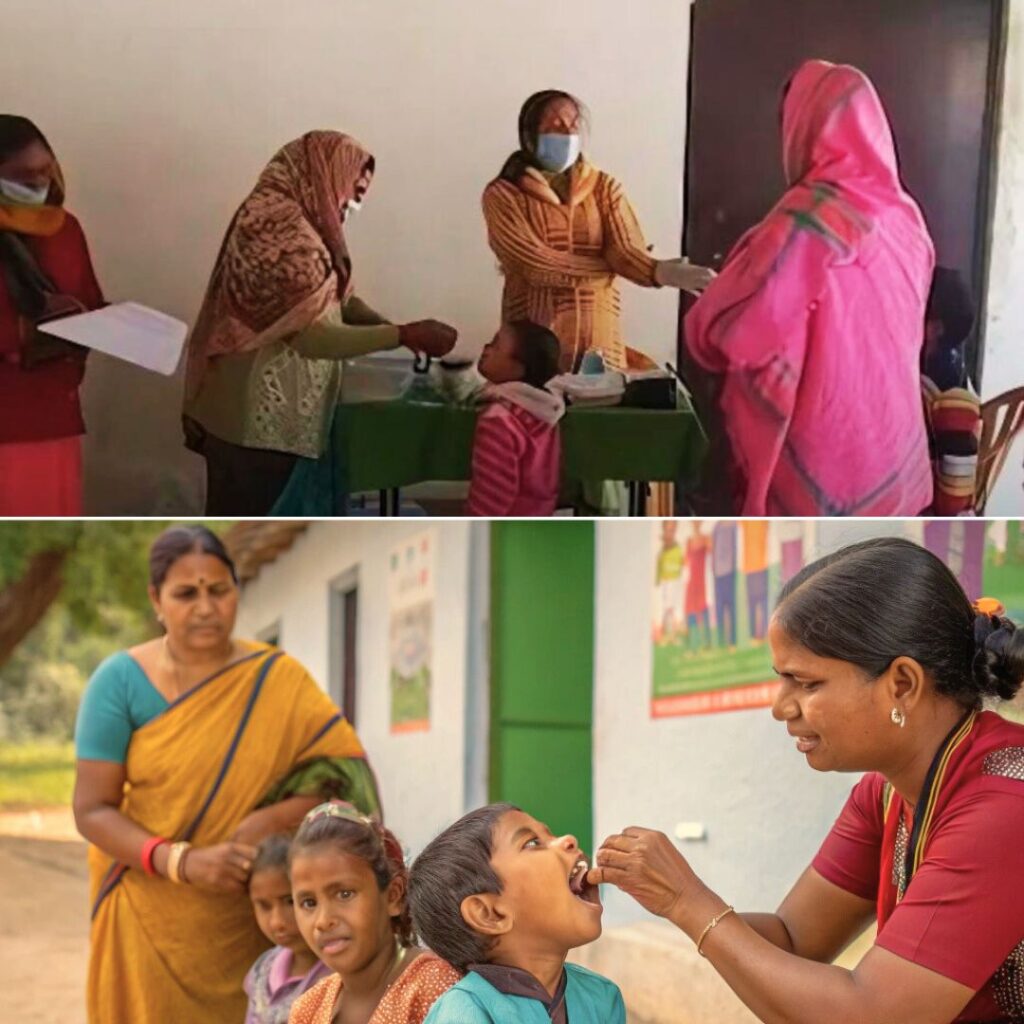The Parliament of Nepal has criminalised an ancient Hindu practice called chhaupadi that banishes women from staying at home during menstruation and after childbirth.
According to the social tradition, women are considered ‘impure’ on their time of the month and they are made to live outside the house in cattle sheds or makeshift huts. The period of time lasts between 10 to 11 days for the first period, thereafter the duration is reduced to four to seven days every month. For childbirth, the confinement lasts for 10 to 11 days.
The decision to ban the evil norm was taken after a teenage girl died of snake bite while sleeping in a chhau goth (a temporary hut) last month.
The new law will come into effect in a year’s and stipulates a three-month imprisonment or a Rs 3,000 fine or both, on anyone forcing a woman to follow the custom.
“A woman during her menstruation or post-natal state should not be kept in chhaupadi or treated with any kind of similar discrimination or untouchable and inhuman behaviour,” reads the law, passed in a unanimous vote on Wednesday, reported Al Jazeera.
Mohna Ansari, a member of national human rights commission who was part of the push for the new law, told Al Jazeera that the development was “a big achievement”.
“Supreme court ruled against chhaupadi 12 years ago, but it was not effective because it issued just guidelines. But it also directed that in case the guidelines were ineffective, there should have been a law passed against chhaupadi, so that’s what happened now,” she said.
However, women’s rights activist Pema Lhaki termed the law as “unenforceable” because it is related to a deeply embedded patriarchal norm which will not change just by a rule.
“It’s a fallacy that it is men who make the woman do this. Yes, Nepal’s patriarchal society plays a part, but it’s the women who make themselves follow chhaupadi,” she said, adding that the root cause needs to be understood here, followed by strategic interventions.
Many Nepalese communities view women as ‘impure’ when they are on their periods. In some remote areas, they are also barred from entering the house and touching food, religious icons, cattle and men.
Last year, two women died while staying in menstruation huts. One of them died of smoke inhalation after she lit a fire for warmth, while the other’s death remains unexplained.
The Logical Indian take
Even in India, many communities believe that a menstruating woman is ‘impure’. A 2016 study by the TATA Institute of Social Science (TISS) found that eight of ten Indian girls are not allowed to enter religious shrines when they are on their period, six of ten girls are not permitted to touch food in the kitchen and, three of ten are forced to sleep in a separate room.
The country is still witnessing to religious taboos and restrictions faced by girls.
In our urban cities too, sanitary pads are wrapped in black plastic bags or paper before being sold because of the shame associated with periods. Even girls feel embarrassed to talk about their periods despite coming from good schools and receiving the best education because at home, they are not allowed enter the ‘puja’ room or the kitchen when it’s their ‘time of the month’. In Hindu faith, she is regarded as ‘impure’, thus disallowed from performing normal daily chores.
Such taboos about menstruation impact girls’ and women’s emotional state, mentality and lifestyle, and most importantly, health. Scientifically, the actual cause of menstruation is ovulation followed by missed chance of pregnancy that results in bleeding. It is a sign of a healthy woman. Therefore, there is no reason to consider a woman ‘impure’ when she is menstruating.
The prevalence of the taboo even in the 21st century can be attributed to low awareness about menstrual hygiene in both men and women, low education and understanding of puberty and reproductive health.
The Logical Indian community welcomes the decision of the Nepal government to punish those forcing women to live outside their homes during menstruation. Getting rid of the taboo will require more than a law, even so, the step is highly appreciable. We hope that in India too, a similar law is brought in and more awareness about menstrual hygiene is spread.











